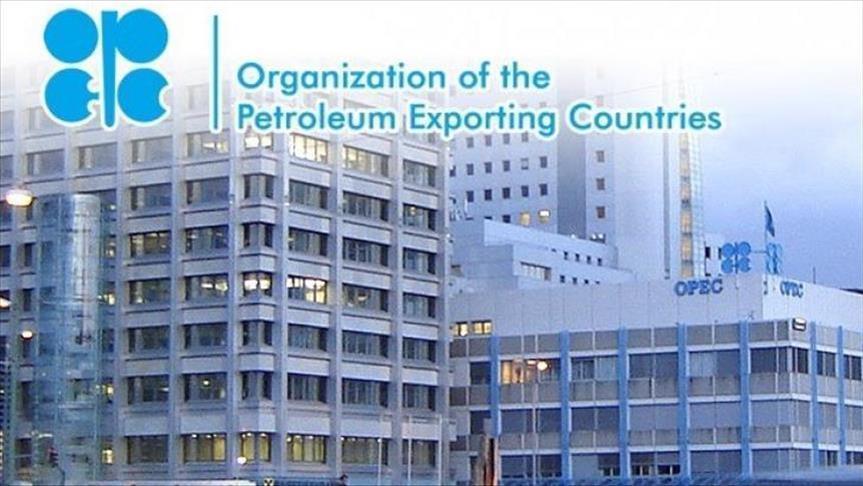The 14th OPEC and non-OPEC ministerial meeting has convened on Thursday to begin discussions with the world's largest oil producers to agree on the much-awaited production policy after March.
The global oil demand recovery is closely linked to vaccine acceptance and the speed at which these vaccines are being rolled out across the world, Saudi Arabia's Energy Minister Abdulaziz bin Salman said during his opening speech.
Because of the difficulty in making solid predictions in an unpredictable environment, he called for "caution" and "vigilance" and said they have elected to follow a careful proactive approach that has proved successful in the past.
"Let us be certain that the glimmer we see ahead is not a headlight on an oncoming express train. The right course of action now is to keep our powder dry and to have a contingency and reserve to ensure against any unforeseen outcome," Salman said.
The Organization of Petroleum Exporting Countries (OPEC) and non-OPEC countries, known as OPEC+, had agreed in the January meeting to bring the overall output from 7.2 million barrels per day (bpd) to 8.125 million bpd in February and 8.05 million bpd in March, which includes the 1 million bpd additional cut from Saudi Arabia, the de-facto OPEC leader and driver of OPEC+ production cuts.
With the support of OPEC+ cuts, oil prices significantly increased to pre-pandemic levels.
Although uncertainty over a possible decision continues, the group is expected to keep the current production levels unchanged, contrary to previous expectations that OPEC+ would increase production to benefit from high oil prices.
"We are unlikely to see any dramatic change of stance at this meeting. That no recommendations were made by the Joint Ministerial Monitoring Committee (JMMC) is telling of indecisiveness and the relative peace that has broken out among the group as prices have risen," Ian Simm, principal advisor at consultancy IGM Energy, told Anadolu Agency.
Simm said while some producers are pushing to increase production, Riyadh remains cautious.
"With this in mind, we may see a slight uptick, perhaps 0.5-0.75 million bpd. Saudi Arabia has made it clear that its focus remains on compliance by other members. If it sees that laggards have taken enough action, most notably Iraq, it could see fit to maintain a portion of its 1 million bpd cut beyond the end of March. Prince Abdulaziz will likely argue that the current approach is working, and he's right," Simm added.
By Sibel Morrow and Firdevs Yuksel
Anadolu Agency


